Leigh MacMillan
-

Metastatic pancreatic cancer ‘reprograms’ for malignancy
Metastatic pancreatic cancer — cancer that has spread from the pancreas to other tissues and is responsible for most patient deaths — changes its metabolism and is “reprogrammed” for optimal malignancy, according to new findings reported Jan. 16 in Nature Genetics. Read MoreJan 19, 2017
-
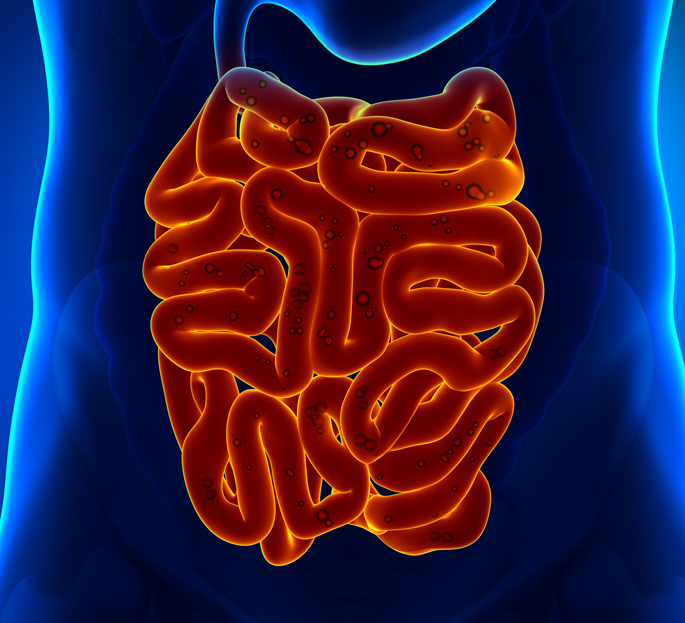
Midgut neuroendocrine tumor prognosis
Vanderbilt investigators recommend that the presence of tumor deposits in the abdomen be included when staging midgut neuroendocrine tumors. Read MoreJan 6, 2017
-

Plasmin prevents muscle ‘hardening’ after injury: study
Vanderbilt researchers have made the surprising discovery that the protease plasmin, known for its clot-busting role in the blood, protects soft tissue from turning to bone after severe injuries and certain orthopaedic surgeries. Read MoreDec 8, 2016
-
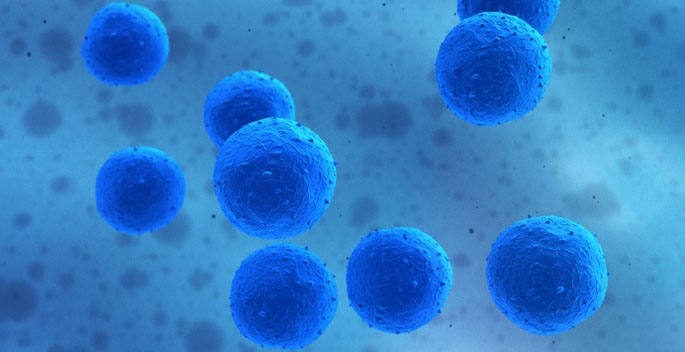
Stem cells promote tolerance
Blood-forming stem cells play a role in immune tolerance and acceptance of organ transplants, Vanderbilt researchers have discovered. Read MoreNov 17, 2016
-
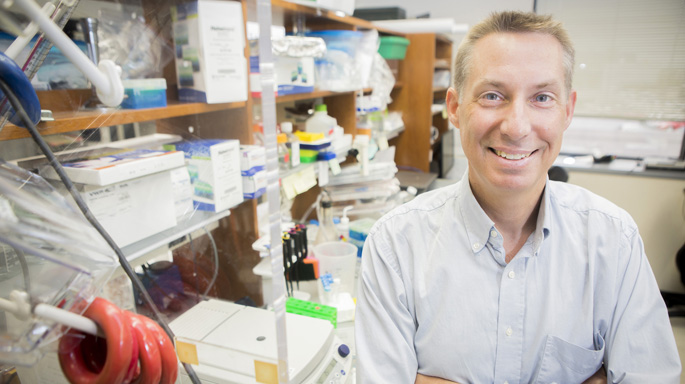
Links between immune cells and metabolism explored
At the intersection of immunology and metabolism is a burgeoning new field: immunometabolism. It’s an area where Vanderbilt has exceptional strengths, said Jeffrey Rathmell, Ph.D., Cornelius Vanderbilt Professor of Immunobiology. Read MoreNov 10, 2016
-

Improving wound healing
Vanderbilt researchers have shown that an injectable material improves wound healing and may be useful for large skin wounds such as those in patients with diabetes. Read MoreNov 8, 2016
-

Probing drug abuse circuitry
Vanderbilt researchers have identified cocaine-induced modifications at specific neuronal connections, which could aid the development of new therapies for substance abuse disorders. Read MoreNov 4, 2016
-

VUMC investigators find pathogens work together to infect host
Pseudomonas aeruginosa and Staphylococcus aureus — two pathogens that frequently co-infect the lungs of patients with cystic fibrosis — appear to cooperate with each other, Vanderbilt investigators have discovered. When pseudomonas is starved for metal by the host, it shuts down the production of factors that would normally kill staph, promoting a co-infection. Read MoreNov 3, 2016
-

Max Planck Institute’s Fässler set for next Discovery Lecture
Reinhard Fässler, M.D., director of the Department of Molecular Medicine at the Max Planck Institute in Martinsried, Germany, will deliver the next Flexner Discovery Lecture on Nov. 10. Read MoreNov 3, 2016
-
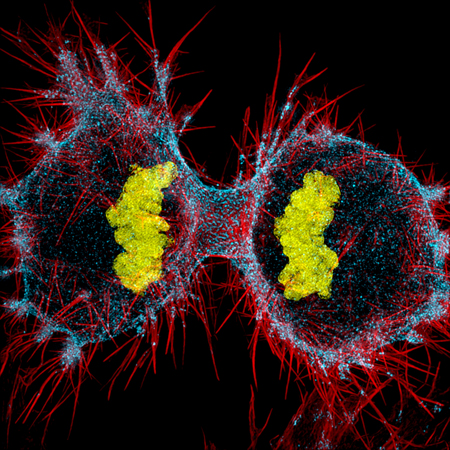
Striking view
Dylan Burnette, Ph.D., assistant professor of Cell and Developmental Biology, won 12th Place in Nikon’s Small World 2016 Photomicrography Competition for a colorful image of a dividing cancer cell. Read MoreOct 27, 2016
-
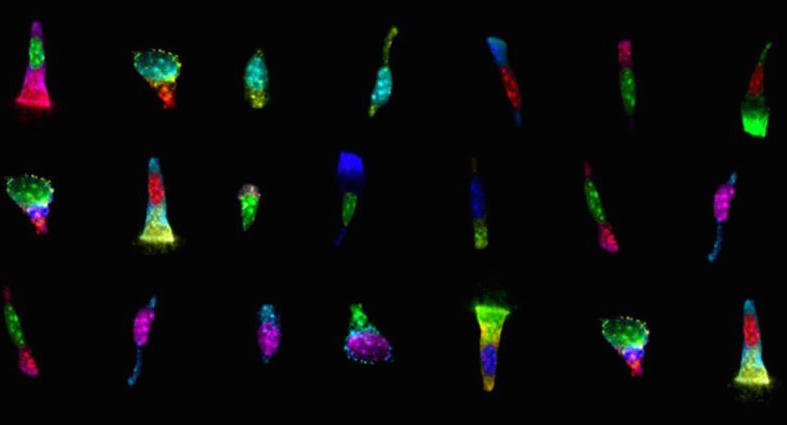
Single-cell study of tumor samples
A new method for analyzing cells in fixed biopsy tissues from patients by guide personalized treatment strategies for cancer. Read MoreOct 26, 2016
-

Sleep issues in children with diabetes
Lengthening sleep duration and reducing sleep disturbances in children with type 1 diabetes may improve diabetes outcomes and reduce parental stress. Read MoreOct 24, 2016
-
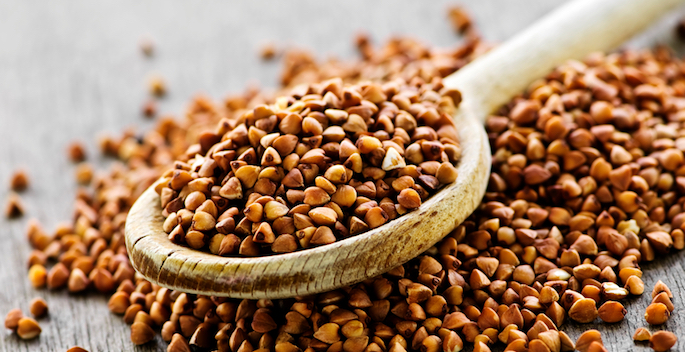
Study finds natural compound extends lifespan of worms
A compound found in buckwheat seeds extends the lifespan of worms, Vanderbilt investigators have discovered. Read MoreOct 20, 2016
-

Forum celebrates VUMC translational research expertise
Vanderbilt University Medical Center’s vibrant culture of clinical and translational research was celebrated at an annual forum last week, and two physician-scientist leaders were honored with awards. Read MoreOct 20, 2016
-

Imaging probe for retinal disease
An imaging probe developed at Vanderbilt detects retinal inflammation early and may allow therapeutic intervention to prevent blindness. Read MoreOct 12, 2016
-

Culprits in genetic epilepsies
Genetic variation in GABA-A receptors confers risk for inherited forms of epilepsy. Read MoreOct 11, 2016
-

Motoring to the tips of the brush border
New findings implicate a motor protein in the assembly of the brush border in the intestines and kidneys – a specialized surface that is critical for healthy organ function. Read MoreOct 6, 2016
-

Engle set for next Discovery Lecture
Elizabeth Engle, M.D., a pediatric neurologist who discovered a group of genetic disorders affecting cranial nerves, will present the next Flexner Discovery Lecture on Thursday, Oct. 6. Read MoreSep 29, 2016
-

Study shows excess dietary zinc worsens C. diff infection
Too much dietary zinc increases susceptibility to infection by Clostridium difficile — “C. diff” — the most common cause of hospital-acquired infections. Read MoreSep 26, 2016
-

Lynn set for next Discovery Lecture
Joanne Lynn, M.D., a geriatrician and health services researcher, will present the next Flexner Discovery Lecture on Sept. 22. Read MoreSep 15, 2016